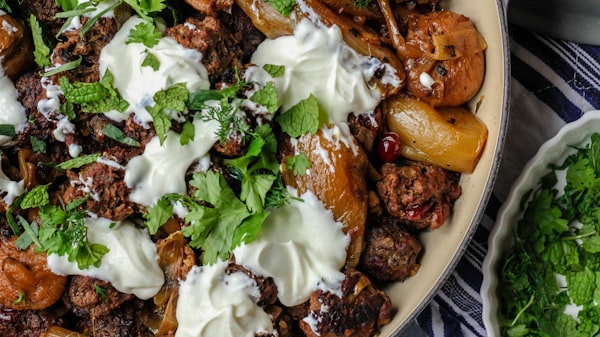JBS Invests R$ 150 Million to Expand Production Capacity of Campo Grande II Plant
The JBS company announced an investment of R$ 150 million to double the daily production capacity of their Campo Grande II unit, located in the capital of Mato Grosso do Sul, Brazil. In one year, the volume processed by the agribusiness will go from 2.2 thousand to 4.4 thousand animals per day, with the number of employees going from 2,300 to 4,600. The company states that this will make Campo Grande II the largest beef unit in Latin America.

First Shipment of Beef from Campo Grande II Plant to China
The JBS announcement took place during the first shipment of beef from the Campo Grande II unit to China, one of the 38 Brazilian meat processing plants that were authorized by the Chinese government on March 12, 2020. The event was attended by Brazilian President Luiz Inácio Lula da Silva, Agriculture Minister Carlos Fávaro, Planning and Budget Minister Simone Tebet, Women's Minister Aparecida Gonçalves, and Mato Grosso do Sul Governor Eduardo Riedel, among other authorities.
JBS Leads Authorizations for Exportation to China
China's announcement on March 12, 2020, authorized 24 beef processing plants, 8 chicken processing plants, 1 thermoprocessing plant, and 5 storage facilities in Brazil. JBS received the most authorizations, with 12, including 2 from Seara, one of which, the Itajaí plant (SC), received two authorizations to export chicken and pork meats. Prior to the recent authorization, Brazil had 106 plants authorized to export to China.
Campo Grande II Plant: Production and Export
The Campo Grande II unit was built in 2007 and acquired by JBS in 2010. It produces 440 tons of meat and 136 tons of hamburgers daily or 2.4 million units. Besides China, this plant can export to the United States, Algeria, Egypt, United Arab Emirates, Argentina, European Union, and Chile, among others.
Conclusion
The JBS announcement of an investment in expansion speaks to the growth potential of the Brazilian agribusiness sector. With the establishment of new commercial partnerships with countries such as China and an increasing presence in international markets, Brazil has become an attractive investment destination for agribusiness. Dairy, poultry, grain, and meat sectors are experiencing growth rates above the country's GDP, which can contribute to job creation, income generation, and economic growth. These investments have been driving the modernization and optimization of Brazilian farming techniques and the adoption of technology to increase efficiency and productivity. Thus, Brazil has become a reference for the global food industry, and JBS is at the forefront of this movement.
As a reader, you might be interested to know more about how Brazil's poultry, grain, dairy, and beef sectors are growing or how JBS and other companies are investing in innovations in the food industry. Leave your comments below or follow us for more news and information on Brazilian agribusiness.
Thank you for reading, liking, and sharing this article. We appreciate your support and interest in our content.
Por /
